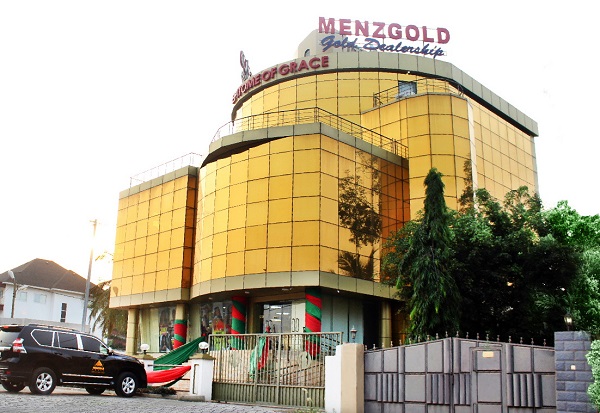The Institute of Statistical, Social and Economic Research (ISSER) is projecting that the number of unemployed persons within sub-Saharan Africa will increase by 2.2 million by 2019.
This will translate into 7.6 percent increase in the unemployment figure for the region.
According to ISSER, the unemployment numbers for sub Saharan Africa are expected to increase from 29.1 million to 31.3 million in 2019.
It says unemployment among the youth; that is, persons between 15 and 24 years of age, remains much higher than among other cohorts of the labour force in most economies.
The study indicates that the situation is worsened by the trickling effect of previous episodes of slow growth in the global economy.
Again, even though globally the vulnerable employment rate has dropped from 42.9% to 42.5% as at last year, that of developing countries like Ghana still hover at 76.5%.
Already in Ghana, ISSER has proven that it takes an average of ten years to secure a job.
But ISSER is optimistic countries like Ghana could escape the impact of this rather alarming situation through some suggestions it has offered.
The Director of ISSER, Professor Felix Asante believes the government ought to intervene to normalise issues.
“Moving beyond 2018 is where the challenge comes; we have identified infrastructure deficit, we also will have to look for money to support the social intervention programs. Revenue to GDP is still not the level that we expect. So these are the challenges that are confronting the nation and we have to come out with policies and program to move around it,” he observed.
Meanwhile ISSER’s findings have revealed a gradual withdrawal of young people from the labour market due to the difficulty of finding jobs.
Source: citibusinessnews.com










